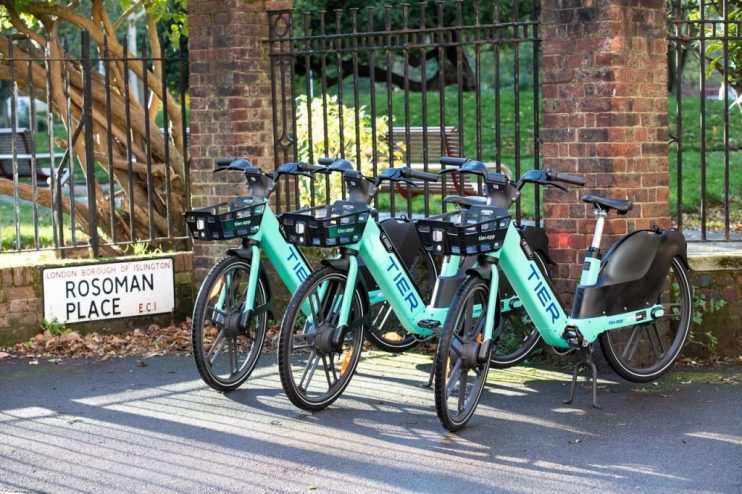Slow down! MPs and industry call for insurance and number plates for e-bikes

E-bikes should be insured and have number plates due to the safety risks for pedestrians posed by speedy riders, warned MPs and industry members on Sunday.
As more and more e-bikes take to the streets of the UK and counts of widely reported incidents grow, calls are growing for measures to help bring the electric vehicles to heel.
Of particular concern is the potential for users to tamper with the vehicles, increasing the speed to well beyond recommended levels.
E-bikes largely cannot travel faster than 15.5mph by law – and some have been modified to go much faster.
Iain Stewart, chairman of the Transport Committee, told the Mail on Sunday: “There is a case for looking at insurance arrangements. I don’t think the regulations are a good fit for new technologies.”
“It’s not just e-bikes – there are issues with e-scooters and driver-assist/self-driving technology increasingly embedded in cars.”
Greg Smith MP, another committee member, told the paper that “with more types of vehicle competing for road space, it is only fair that all users are treated equally.”
“E-bikes and e-scooters can achieve considerable speeds and cause damage to other vehicles and injure people, so should have to carry the same insurance requirements and tax liabilities as users of motor cars.”
Craig Mackinlay MP added: “the proliferation of e-bikes, that many can be souped up to speeds of 30mph, and the weight of them make these potentially lethal in collision with pedestrians. It is right thought is given to the insurance status of these vehicles.”
The calls come following a series of accidents on the electronic bikes over the past few years, which have led campaigners to call for measures to tackle safety issues.
On Thursday, 15-year old Saul Cookson was killed while riding an e-bike when he collided with a parked ambulance following a police chase in Greater Manchester.
Tony Campbell, CEO of the Motorcycle Industry Association said: “As we have seen an increased use of e-bikes and particularly those which fall outside current regulation… it has become evident the current rules are no longer fit for purpose.”
Current rules stipulate a maximum power output of 250W for the vehicles, with no electric assistance offered past 15.5mph.
“MCIA are calling on government to review and introduce new regulation that covers electrically-powered cycles and e-step scooters,” Campbell said, adding that the new regulations must cover “anti-tampering,” where riders jack up the speed of e-bikes beyond recommended levels.
“E-bikes that perform way beyond current regulation [are] widely used, which in turn is leading to an increased risk of road deaths and serious injury to the rider, pedestrians and other road users.”
He added: “It is only right that people using higher powered e-bikes should display a number plate, hold a licence and wear appropriate safety equipment so in the event of an accident or not riding within the law they can be identified and – if needed – prosecuted.”
A Department for Transport spokesperson said: “There are strict laws in place around dangerous cycling and police have the power to prosecute if these are broken.”
“While it is heavier vehicles that lead to increased maintenance costs by damaging roads, local highways are funded through general taxation which falls on all taxpayers, including those who cycle.”
E-bikes have also faced criticism in recent months for causing a number of fires as a result of lithium battery failures. These included incidents in West Hampstead, Islington and Dalston.